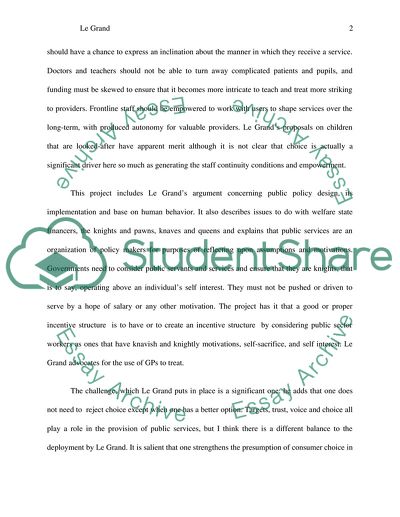Cite this document
(Choice Gives Power to Voice Essay Example | Topics and Well Written Essays - 3000 words, n.d.)
Choice Gives Power to Voice Essay Example | Topics and Well Written Essays - 3000 words. Retrieved from https://studentshare.org/social-science/1818462-do-you-agree-with-le-grands-claim-that-choice-gives-power-to-voice
Choice Gives Power to Voice Essay Example | Topics and Well Written Essays - 3000 words. Retrieved from https://studentshare.org/social-science/1818462-do-you-agree-with-le-grands-claim-that-choice-gives-power-to-voice
(Choice Gives Power to Voice Essay Example | Topics and Well Written Essays - 3000 Words)
Choice Gives Power to Voice Essay Example | Topics and Well Written Essays - 3000 Words. https://studentshare.org/social-science/1818462-do-you-agree-with-le-grands-claim-that-choice-gives-power-to-voice.
Choice Gives Power to Voice Essay Example | Topics and Well Written Essays - 3000 Words. https://studentshare.org/social-science/1818462-do-you-agree-with-le-grands-claim-that-choice-gives-power-to-voice.
“Choice Gives Power to Voice Essay Example | Topics and Well Written Essays - 3000 Words”, n.d. https://studentshare.org/social-science/1818462-do-you-agree-with-le-grands-claim-that-choice-gives-power-to-voice.


